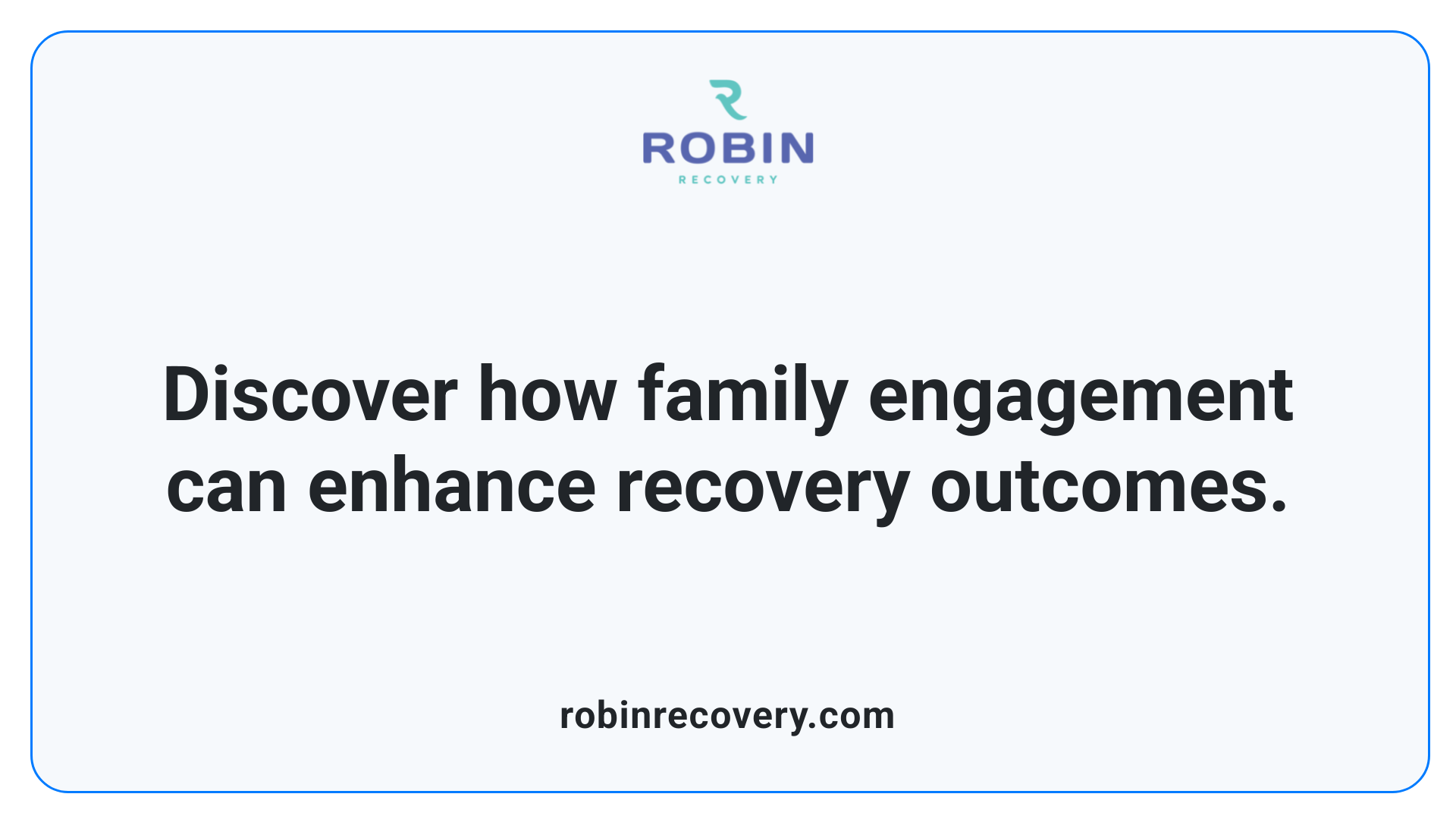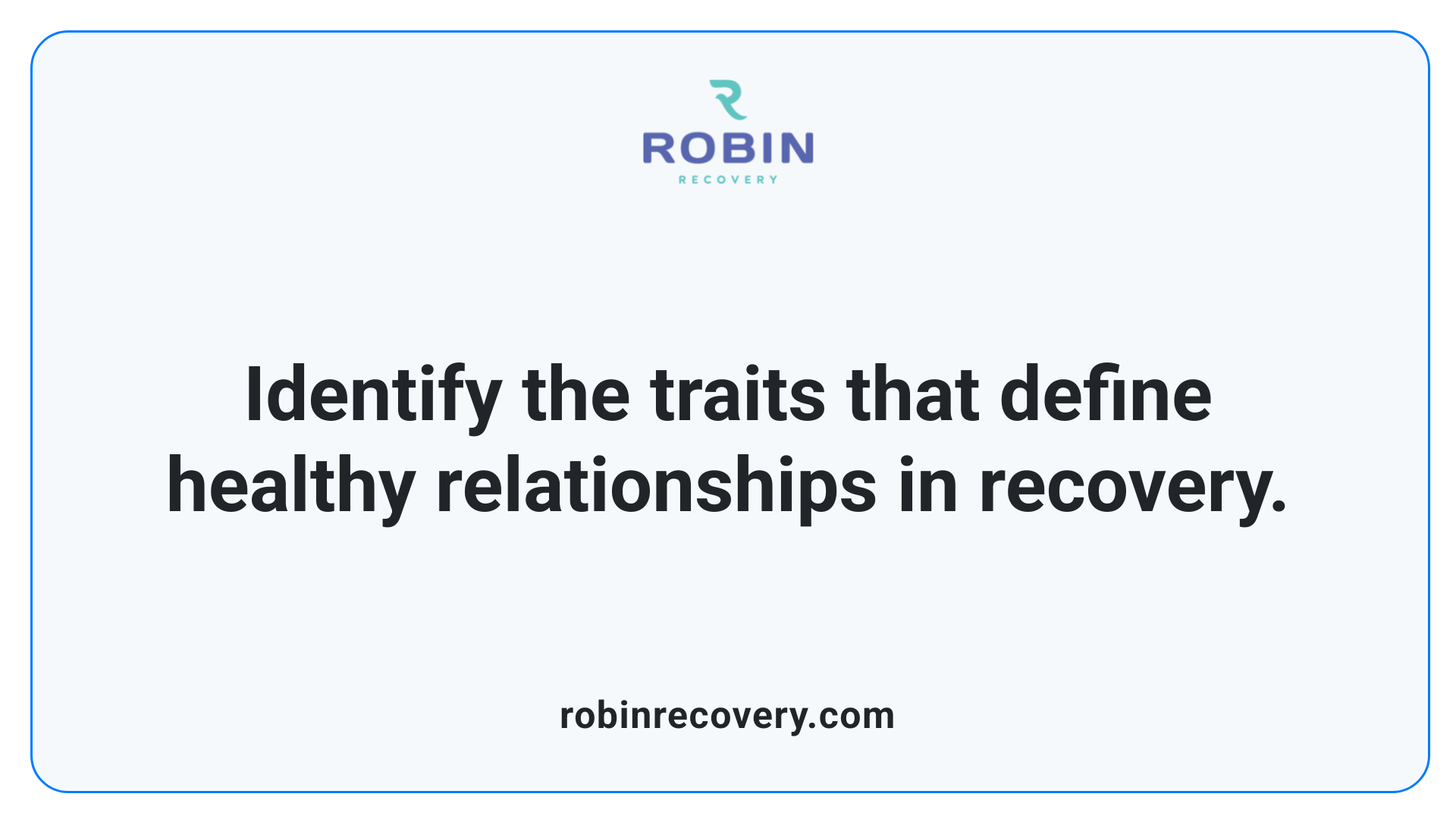How to Strengthen Family Bonds Through Recovery and Healing

Introduction
Recovery from addiction is a multifaceted journey, impacting not only the individual but their entire family. Substance abuse strains relationships, often leaving family members feeling betrayed, angry, and guilty. Healing these emotional wounds is crucial to restoring family bonds. This article delves into effective strategies for fostering healthier, supportive family dynamics through recovery and healing processes.
Understanding the Emotional Impact of Addiction on Families

Emotional Strain on Family from Addiction
Addiction can cast a long shadow over family relationships. Fear, anger, guilt, and heartbreak are common emotions experienced by family members. They often feel betrayed and confused, leading to significant emotional strain. It's vital to recognize that addiction affects not only the individual but also every family member, causing dysfunction and pain that can be difficult to navigate.
Need for Emotional Healing in Recovery
Rebuilding these fragile bonds is crucial during the recovery process. Effective communication plays a critical role in restoring trust and mending relationships. Families should engage in open dialogues, practice active listening, and express feelings using "I" statements. By doing so, they create a supportive environment that fosters healing.
Family support is particularly important in addiction recovery. It provides a stable foundation that encourages the individual to seek help and stay committed to their recovery journey. Family members can enhance this support by educating themselves about addiction and learning to address their loved one's needs without assumptions.
Additionally, engaging in family therapy helps improve communication and coping strategies. By participating in these healing processes, families can reduce the risk of relapse and foster resilience in their loved one.
The Role of Effective Communication and Trust in Recovery

What are effective strategies for rebuilding trust and communication within families during recovery?
Rebuilding trust and communication within families during the recovery journey requires intentional effort and practical strategies. Here are several effective methods:
- Prioritize Tech-Free Time: Disconnecting from devices allows for genuine interactions, fostering meaningful conversations and deepening relationships.
- Engage in Shared Spiritual Practices: Activities like prayer and Bible study together can unify families by reinforcing shared values and beliefs, creating a stronger bond.
- Establish Regular Family Meetings: These meetings provide a structured environment for family members to express their feelings openly, discuss challenges, and celebrate recovery milestones, promoting emotional support.
- Encourage Grace and Forgiveness: Emphasizing these values in daily interactions helps manage conflicts and builds an atmosphere of love and understanding.
- Participate in Fun Activities: Organizing family fun days, cooking together, or embarking on creative projects allows families to create joyful memories, which are essential for connecting and strengthening family dynamics.
These approaches collectively foster an open, empathetic environment that is crucial for healing and rebuilding trust.
Engaging Families in the Recovery Process

How can families be involved in the treatment and recovery process?
Families can play a crucial role in the treatment and recovery process by being educated about the treatment program and actively participating in planning and therapy sessions. Their involvement in appointments and family groups helps create a supportive environment that encourages loved ones to engage with their recovery.
Maintaining open communication is particularly important. This not only addresses the stress that children may experience in families affected by substance abuse but also fosters trust and cooperation among family members. By expressing their feelings and listening to each other, families can begin to heal from the emotional impact of addiction.
Positive family engagement reinforces the patient's motivation to change. It aids in resolving past conflicts and establishing healthier routines. This process may involve understanding the dynamics of addiction and learning effective strategies to replace dysfunctional patterns with more constructive behaviors. Overall, informed and supportive family participation can significantly enhance treatment outcomes and the overall recovery process.
Educational resources for families
Providing educational resources for families is essential in fostering a supportive recovery environment. Family therapy sessions, workshops, and support groups play a vital role in this. They offer families insights into addiction as a complex disease, its impact on relationships, and how to navigate the recovery process collaboratively.
These resources equip family members with skills like active listening, empathy, and effective communication strategies. Engaging in shared activities—whether through counseling, attending family group therapy, or simply spending quality time together—cultivates bonds and reinforces a commitment to recovery.
By leveraging educational opportunities, families can significantly improve their understanding and ability to support their loved ones, making a lasting difference in recovery outcomes.
Establishing Healthy Boundaries and Resolving Conflicts

Importance of Setting Boundaries
Setting healthy boundaries is fundamental in the recovery journey, not just for the individual recovering from addiction but within the entire family. Boundaries allow family members to communicate their limits clearly, which is vital for protecting emotional well-being and maintaining a balanced dynamic. When everyone understands and respects these limits, it promotes a nurturing environment that supports recovery without enabling harmful behaviors.
Families must navigate the fine line between offering support and inadvertently fostering dependence or relapse. Recognizing the distinction between helping and enabling is crucial. Healthy boundaries empower each family member while respecting personal responsibility.
Strategies for Conflict Resolution
Conflict is a natural part of family interactions, particularly after substance use disorders disrupt relationships. Effective conflict resolution techniques can help foster a healthier family environment. Here are some strategies:
- Active Listening: Practice listening attentively without interrupting, which shows respect for each other's feelings.
- Use "I" Statements: Encourage family members to express their feelings using "I" statements to avoid blame and facilitate open dialogue.
- Family Meetings: Regularly scheduled family meetings can create a structured space for discussing feelings and resolving issues collectively.
- Therapeutic Support: Enroll in family therapy sessions that provide a safe environment for addressing conflicts guided by a professional.
- Setting Shared Goals: Collaborate on family objectives to strengthen unity and encourage understanding of each member’s perspective.
By employing these strategies, families can effectively resolve conflicts and strengthen their bonds, further supporting the recovery process.
Characteristics of Healthy Relationships Post-Recovery

What are the characteristics of healthy relationships in addiction recovery?
Healthy relationships in addiction recovery are built on a foundation of mutual trust, support, respect, and open communication. These relationships are essential as they provide emotional support, helping individuals navigate their recovery journey while maintaining sobriety.
People in recovery benefit from forming connections that encourage honesty about substance use and its challenges. This transparency fosters an environment where feelings can be shared openly, reducing the isolation that often accompanies addiction. Healthy dynamics discourage behaviors that might trigger relapse, while promoting resilience against stressors.
Avoiding toxic patterns
In contrast, toxic relationships are marked by manipulation, guilt, and emotional abuse. These interactions can hinder recovery and exacerbate mental health issues. Identifying signs of unhealthy relationships is crucial; they may include constant criticism, lack of support, or disregard for boundaries.
To combat these patterns, individuals can actively seek supportive communities. Engaging in groups, such as 12-Step programs, provides opportunities to build healthy connections with others who understand the recovery journey. Additionally, establishing healthy boundaries ensures that interactions remain positive and supportive.
Characteristics Healthy Relationships Toxic Relationships Trust Open and reliable Manipulative and deceitful Communication Honest and constructive Criticizing and dismissive Support Emotional and motivational Guilt-inducing and neglectful Boundaries Respected and clear Overstepping and invasive
Conclusion
The path to recovery involves more than abstaining from substance use; it requires a holistic approach to healing family dynamics and relationships. Strengthening family bonds through understanding, communication, and involvement can significantly improve recovery outcomes. By setting healthy boundaries, resolving conflicts, and nurturing a supportive environment, families can become pillars of strength for individuals on their journey to recovery and healing. Encouraging ongoing education and participation in therapeutic interventions will empower families to effectively support their loved ones, helping to transform recovery into a lifelong commitment to health and resilience.
References
- Rebuilding Relationships: Healing Family Bonds in Recovery
- Steps to Take on Healing Family Relationships During Recovery
- How To Navigate Family Relationships After Treatment
- Strengthening Bonds: Family Activities That Support Recovery
- Strengthening Bonds Through Christ-Centered Rehab
- Reconnecting with Family After Treatment for Substance Use Disorder
- Strengthening Family Bonds in Addiction Recovery | Impact IOP
